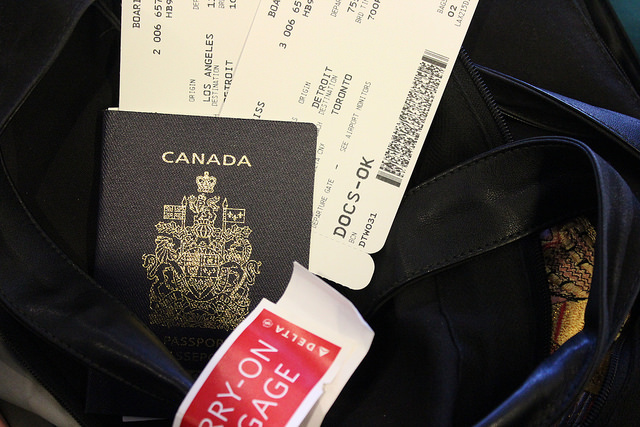The United States Citizenship and Immigration Services (USCIS) has released a new policy memorandum that will have wide ranging implications for immigrants. Beginning September 11, 2018, USCIS will use their discretion to deny an application, petition, or request filed with USCIS without first issuing a Request for Evidence (RFE) or Notice of Intent to Deny (NOID), if insufficient evidence is sent with the initial filing of the application or if the evidence provided does not establish the applicant’s eligibility for the benefit requested.
The new policy memorandum “Issuance of Certain RFEs and NOIDs; Revisions to Adjudicator’s Field Manual (AFM) Chapter 10.5(a), Chapter 10.5(b)” supersedes the 2013 policy memorandum titled “Requests for Evidence and Notices of Intent to Deny” which previously governed an officer’s discretion to deny an application, petition, or request without first issuing a request for evidence. Previously, the 2013 memo required requests for evidence to be issued where the initial evidence was unsatisfactory or did not establish the applicant’s eligibility for the benefit requested.
As of September 11, 2018, USCIS now has the power to deny petitions lacking initial evidence without sending a Request for Evidence or Notice of Intent to Deny to cure the defect. This is bad news for applicants of immigrant and non-immigrant visa types, because applicants who have not provided sufficient evidence to USCIS to establish that they are eligible for the benefit requested can be denied without having the opportunity to cure the defect.
 Visa Lawyer Blog
Visa Lawyer Blog











